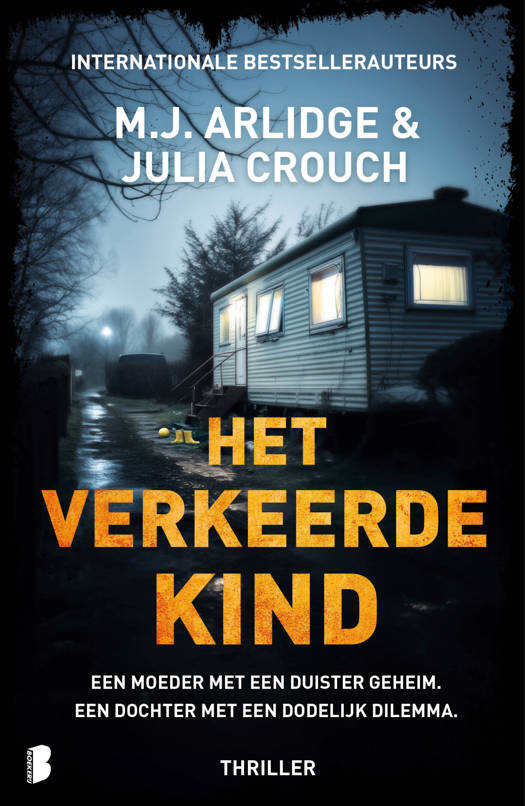
- Afhalen na 1 uur in een winkel met voorraad
- Gratis thuislevering in België vanaf € 30
- Ruim aanbod met 7 miljoen producten
- Afhalen na 1 uur in een winkel met voorraad
- Gratis thuislevering in België vanaf € 30
- Ruim aanbod met 7 miljoen producten
Zoeken
Omschrijving
Charles Reade (1814-1884) was an English novelist and dramatist. He began his literary career as a dramatist, and it was his own wish that the word "dramatist" should stand-first in the description of his occupations on his tombstone. His first comedy, The Ladies' Battle, appeared in May 1851. It was followed by Angela (1851), A Village Tale (1852) and The Lost Husband (1852). But Reade's reputation was made by the twoact comedy, Masks and Faces (1852), in which he collaborated with Tom Taylor. He made his name as a novelist in 1856, when he produced It is Never Too Late to Mend, a novel written with the purpose of reforming abuses in prison discipline and the treatment of criminals. Several novels followed in quick succession, including The Course of True Love Never Did Run Smooth (1857), Jack of All Trades (1858), Love Me Little, Love Me Long (1859), and White Lies (1860), which was dramatised as The Double Marriage. In 1861, Reade produced what would become his most famous work, The Cloister and the Hearth, relating the adventures of the father of Erasmus.
Specificaties
Betrokkenen
- Auteur(s):
- Uitgeverij:
Inhoud
- Aantal bladzijden:
- 368
- Taal:
- Engels
Eigenschappen
- Productcode (EAN):
- 9781406537758
- Verschijningsdatum:
- 31/08/2007
- Uitvoering:
- Paperback
- Formaat:
- Trade paperback (VS)
- Afmetingen:
- 152 mm x 229 mm
- Gewicht:
- 539 g

Alleen bij Standaard Boekhandel
+ 36 punten op je klantenkaart van Standaard Boekhandel
Beoordelingen
We publiceren alleen reviews die voldoen aan de voorwaarden voor reviews. Bekijk onze voorwaarden voor reviews.











